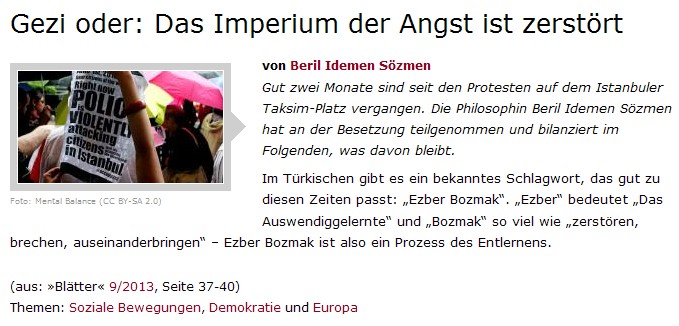Les pays du «printemps arabe» en pleine zone de turbulences
par Acil Tabbara De L’afp
Bain de sang en Egypte, guerre civile en Syrie, impasse politique en Tunisie: le Printemps arabe a cédé la place à une violence qui risque de s’intensifier faute de maturité de nouvelles classes dirigeantes, redoutent des experts.
„Les pays arabes entrent dans une période de turbulences et de changements, qui devrait probablement voir encore plus de violence intérieure, de polarisation et de compétition régionale“, estime Emile Hokayem, de l’Institut international d’études stratégiques. En Egypte, près de 900 personnes, en grande majorité des manifestants soutenant le président destitué Mohamed Morsi, ont été tuées en six jours et les violences ont connu une nouvelle escalade lundi avec un attentat contre la police dans la péninsule instable du Sinaï. La crise a déjà balayé quasiment tous les acquis du soulèvement contre Hosni Moubarak en 2011, „surtout le multipartisme avec l’entrée des islamistes en politique et les premières élections démocratiques“, souligne Sophie Pommier, maître de conférences à Sciences Po. „L’Egypte va dans le mur. Les acteurs sont incapables de compromis politique“, estime cette spécialiste de l’Egypte. Le chef de l’armée et nouvel homme fort de l’Egypte, le général Abdel Fatah al-Sissi, a ainsi martelé dimanche que son pays ne plierait pas devant les „terroristes“, et le guide suprême des Frères musulmans Mohammad Badie vient d’être arrêté. „Si la confrérie (des frères musulmans) est dissoute, on franchit une ligne rouge“, affirme Mme Pommier.
Weiterlesen »

